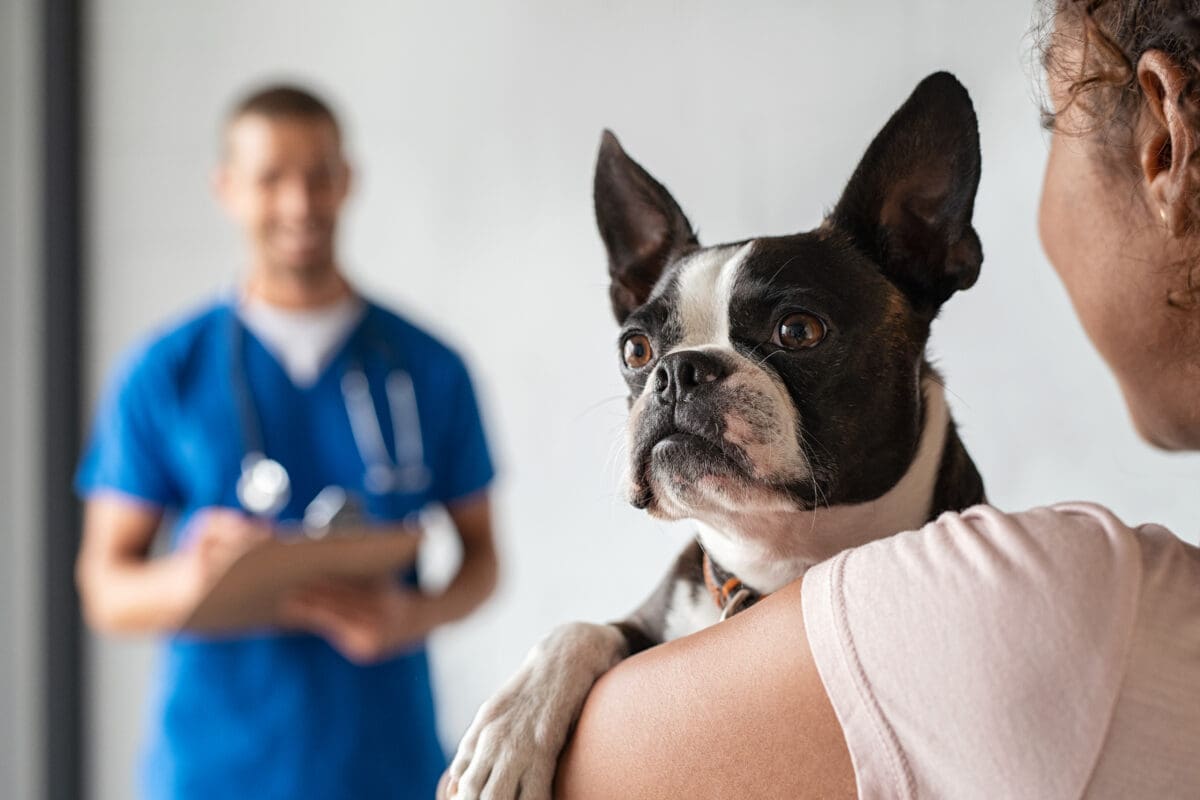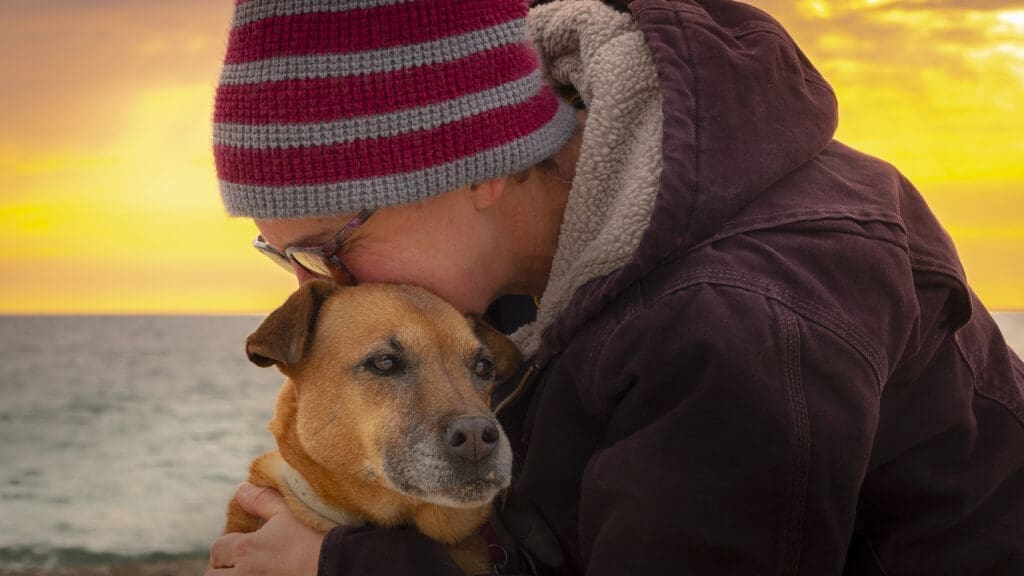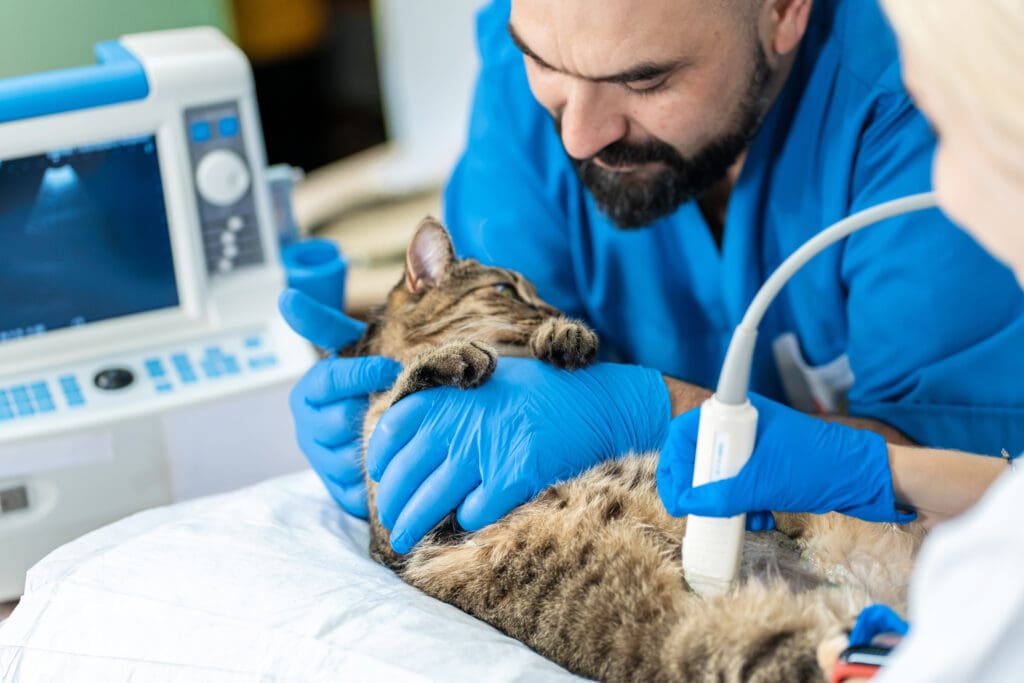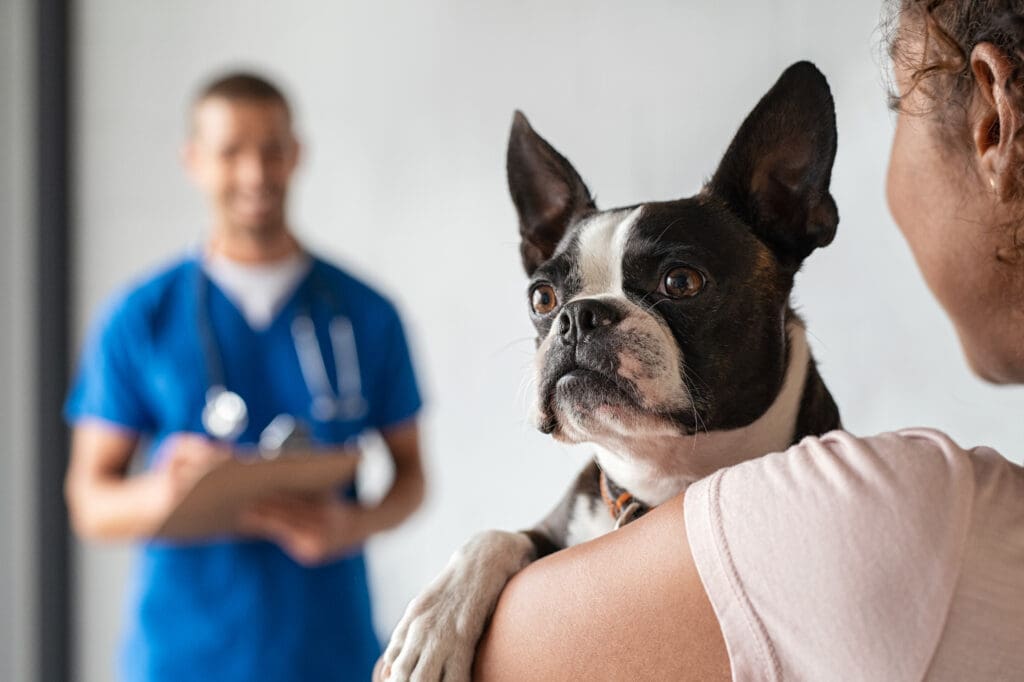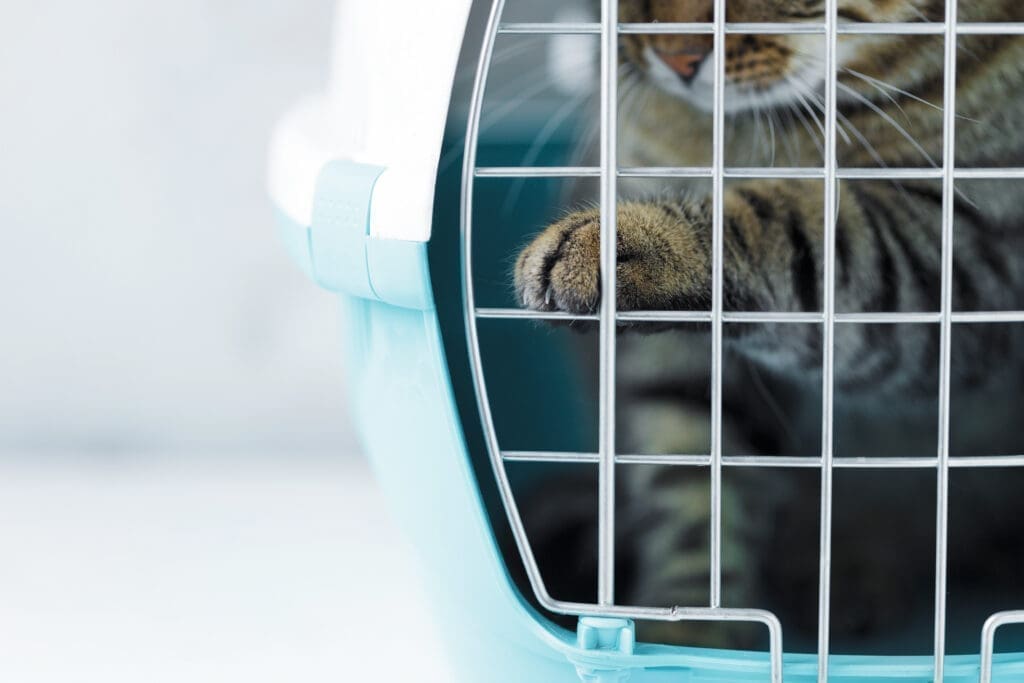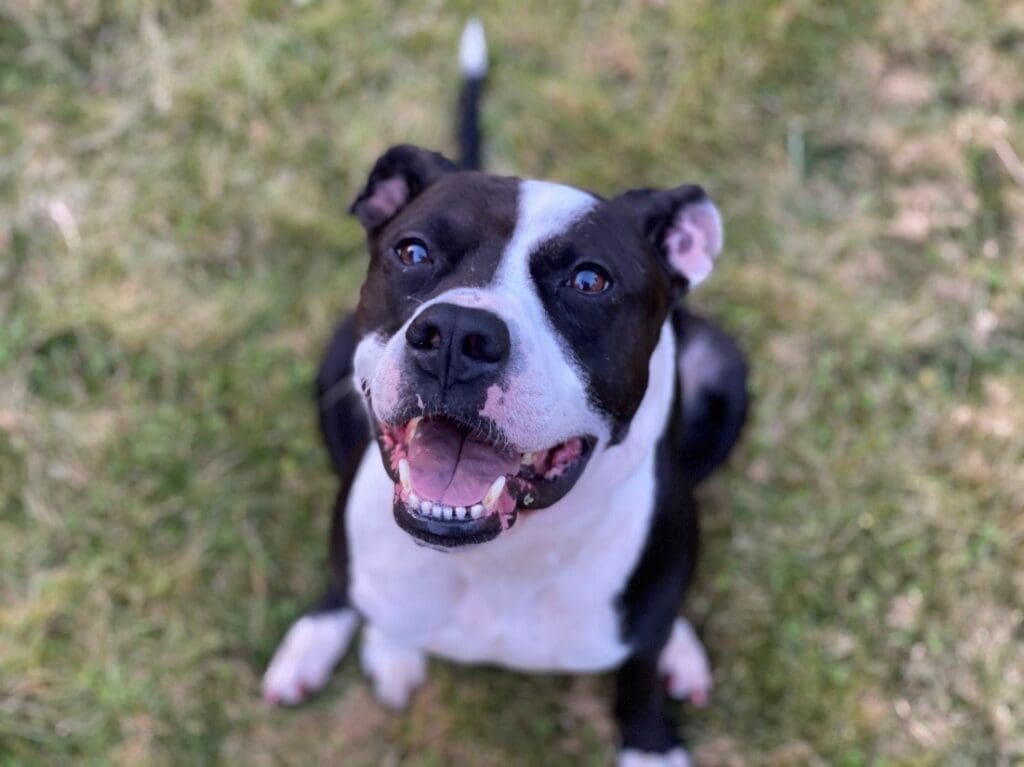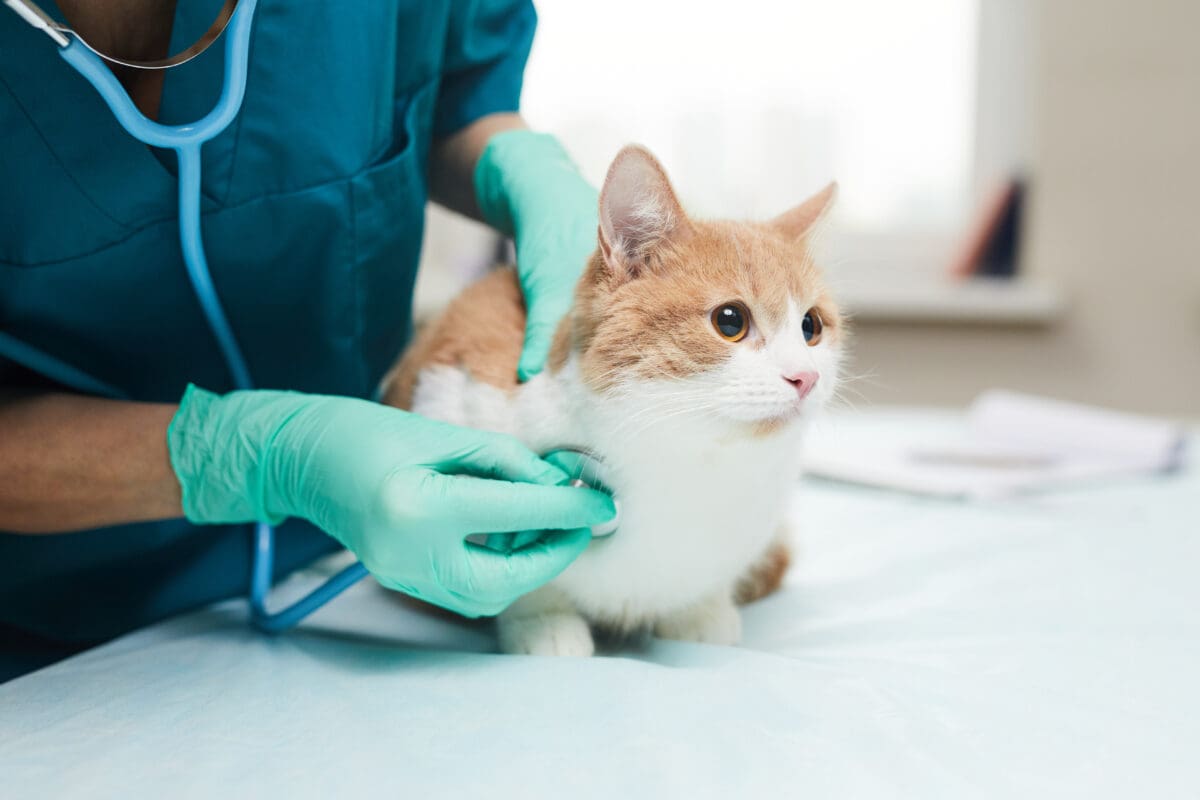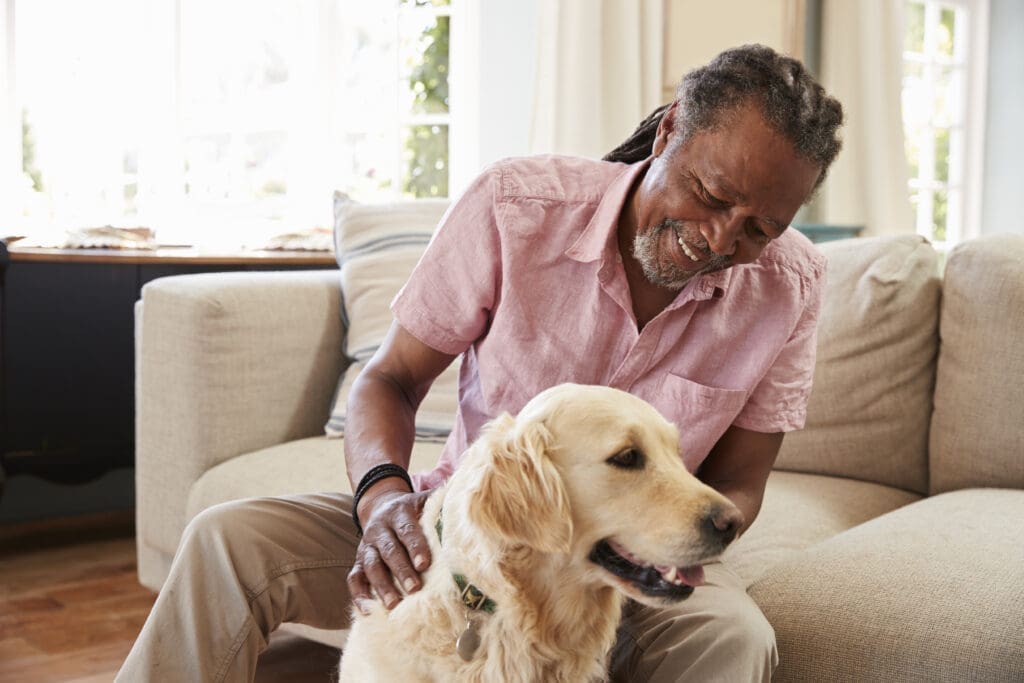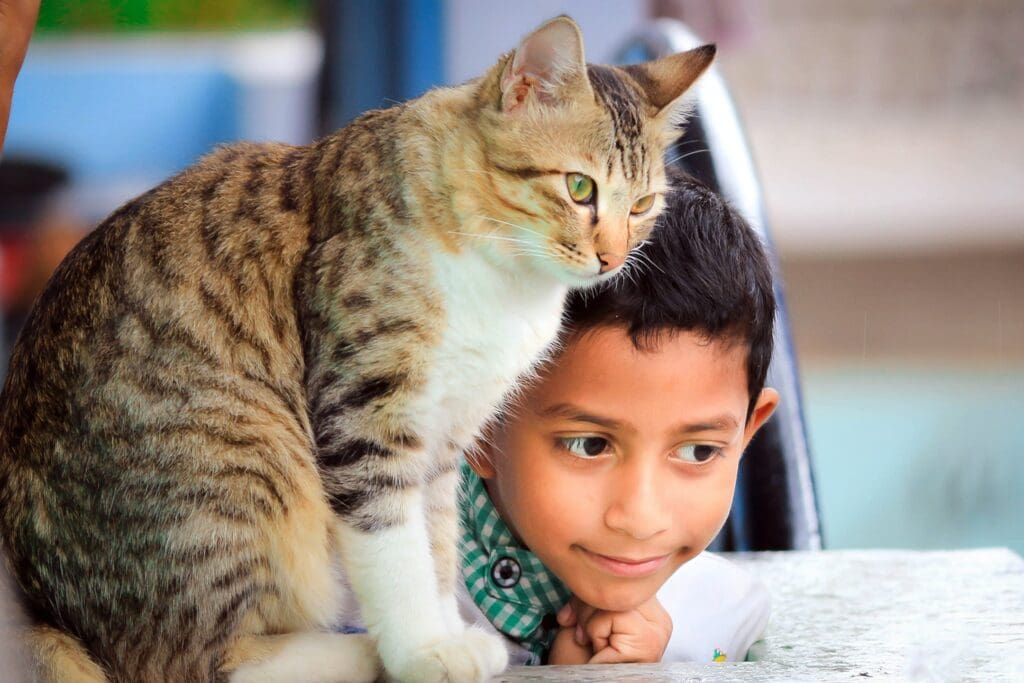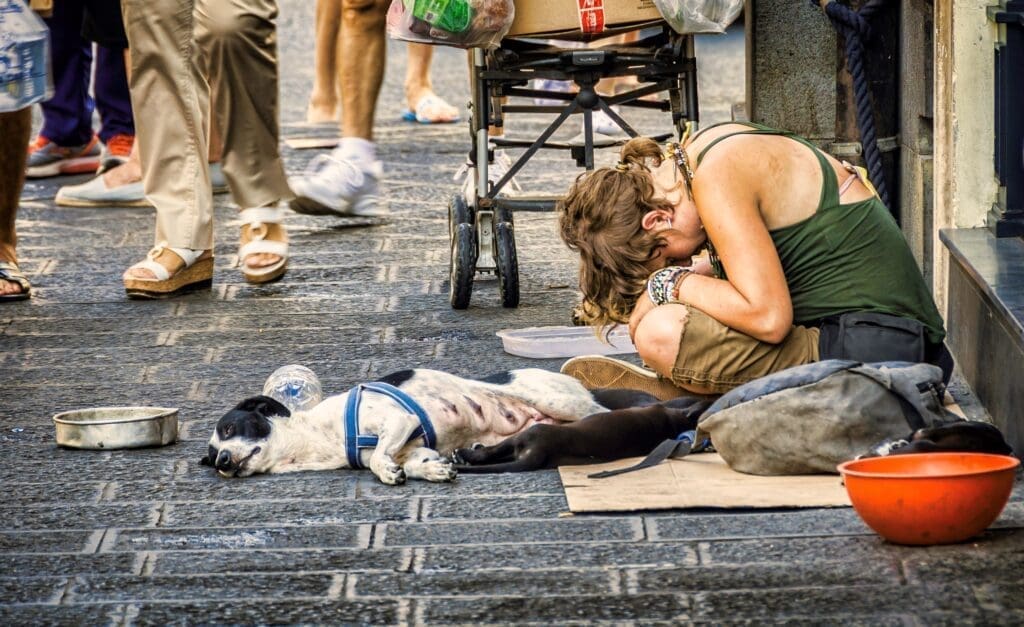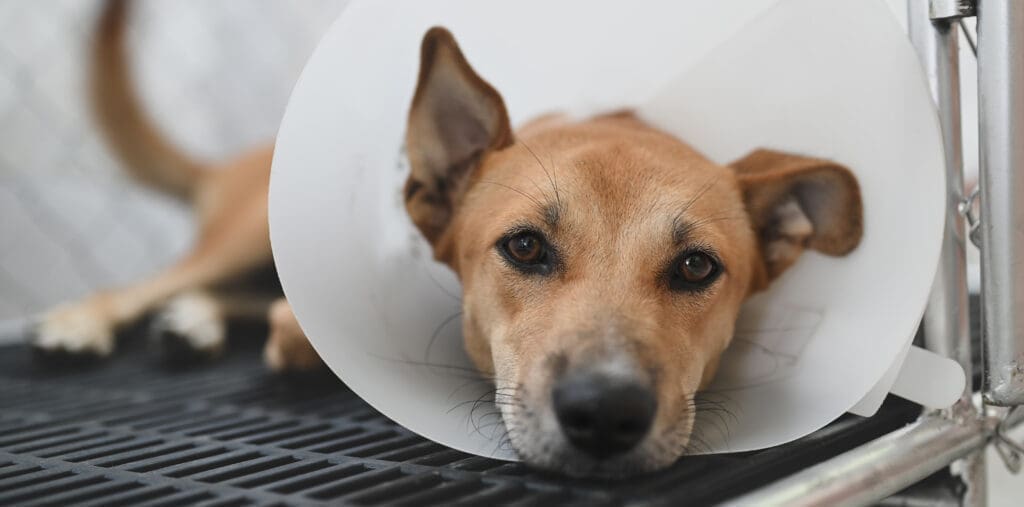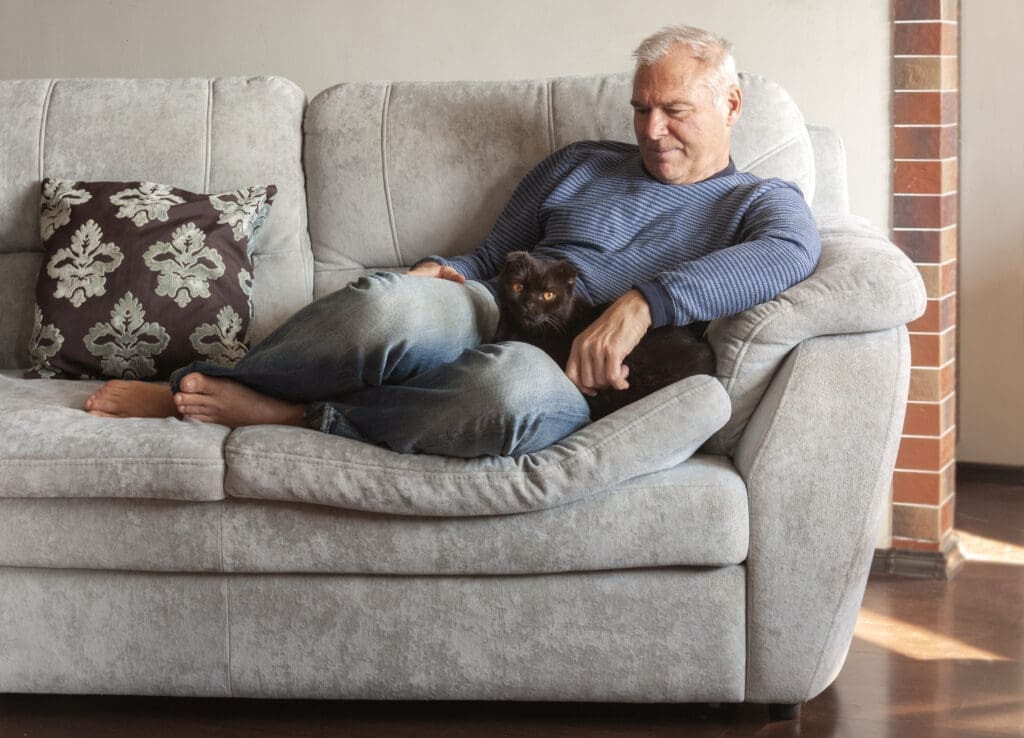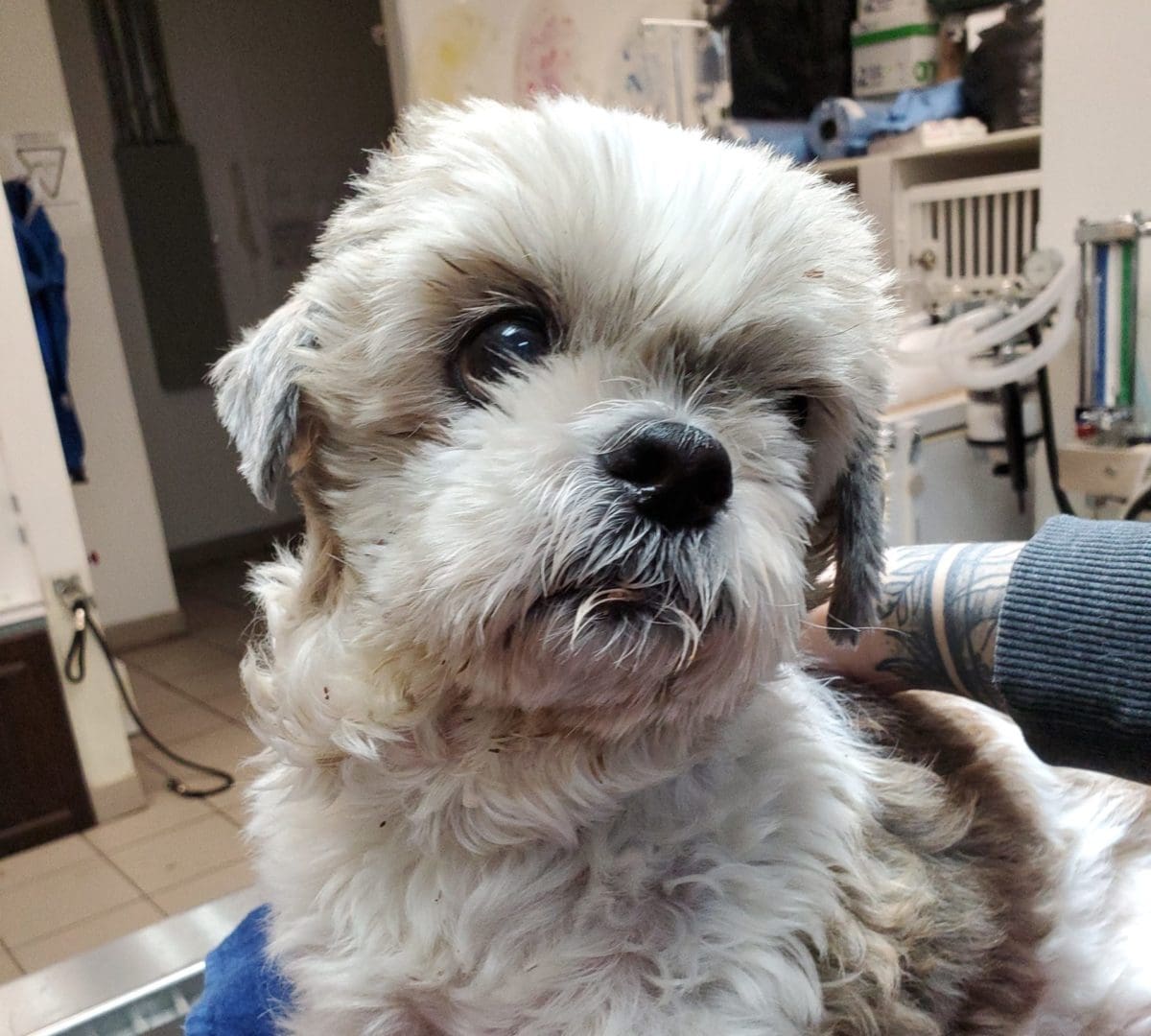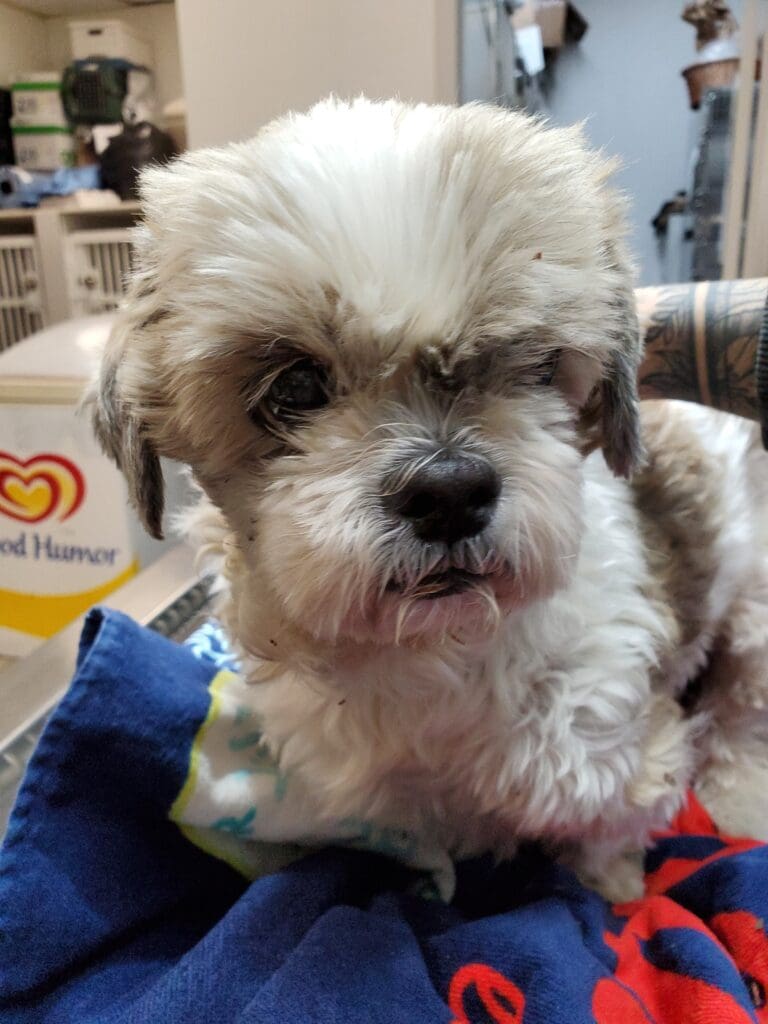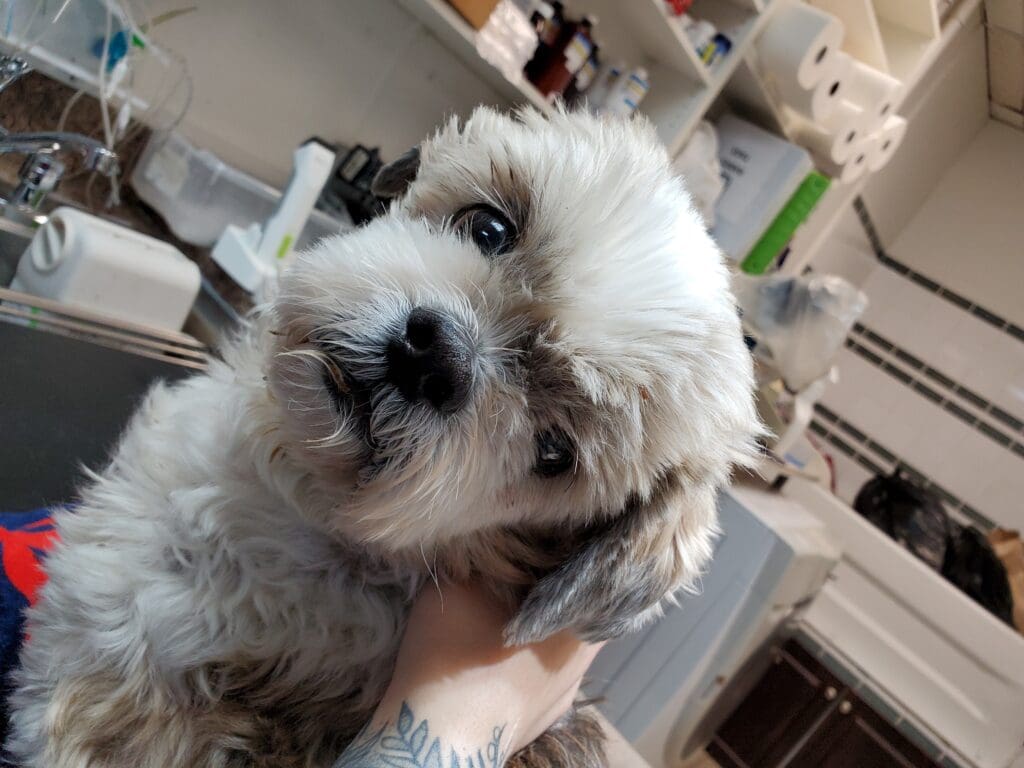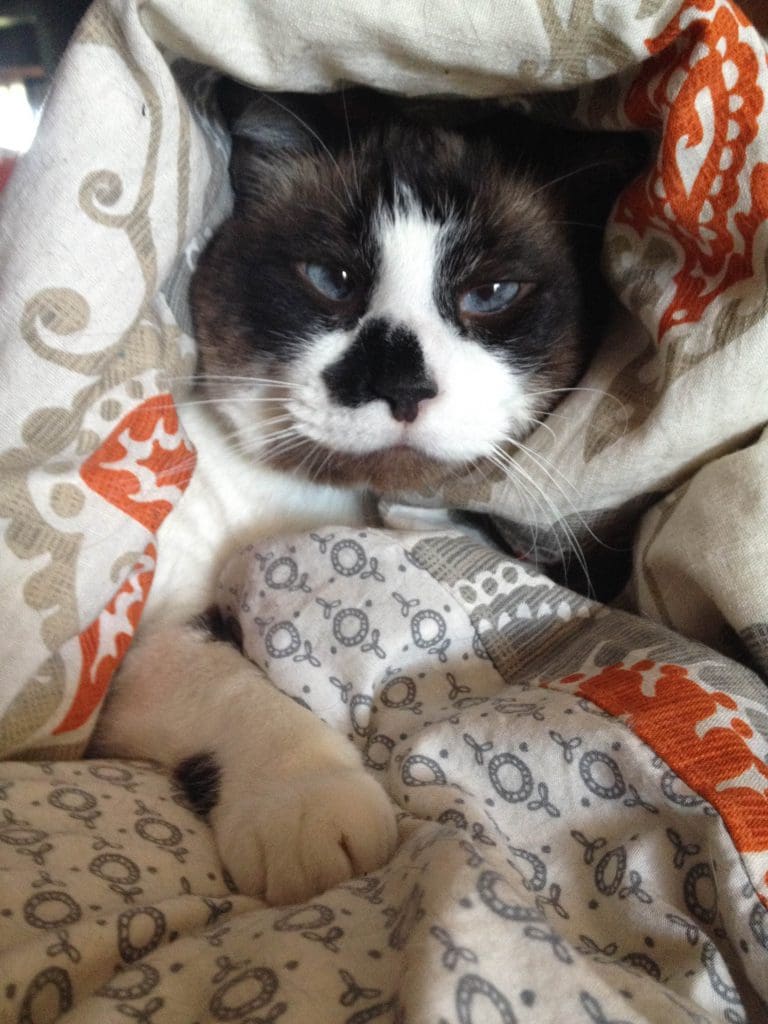Article originally published on The Georgia Straight.
Veterinary care in British Columbia has reached a point of crisis, and veterinary staff, pets, and guardians are all feeling the strain.
Pet guardians report months-long wait times seeking care for their animals, who are suffering due to staff shortages.
Meanwhile, veterinarians are more than twice as likely to experience suicidal thoughts when compared with other Canadians. Some aging veterinarians in B.C. worry that they will feel guilty leaving their work to their colleagues when they retire.
So how did we get here, and, more importantly, how do we fix it?
To start with, there are simply not enough veterinarians to handle the sheer volume of pets who need help. In Canada, there is about one cat or dog for every two people. In British Columbia, there is just one veterinarian graduating into the workforce each year for every 102 doctors—an especially bleak statistic considering there is also a doctor shortage in the province.
Anyone who wishes to become a veterinarian in this province must vie for one of only 20 spaces with financial aid, which would allow them to study at the Western College of Veterinary Medicine in Saskatoon for a reduced tuition fee of $11,000 per year. Those who cannot find a coveted spot must cover the entire tuition themselves—a whopping $67,000 annually.
The time, difficulty, and expenses incurred in becoming a veterinarian and maintaining a veterinary practice can drive up the cost of care for pet guardians.
Since veterinary care is not subsidized by the government, this can spark a vicious cycle that leads to stressed pet guardians, less than ideal communication between guardians and veterinary staff, and animals not getting the care they need until their health is in a severe state of crisis.
All those factors can contribute to veterinarians and veterinary technicians taking on even further mental and emotional burdens.
A recent research article from the Vancouver Humane Society (VHS) and Dalhousie University assistant professor Haorui Wu proposes steps that would help break this cycle. The research delves into recommendations from pet guardians who experienced barriers to veterinary care during the COVID-19 pandemic.
It ultimately finds that changes like financial support for low-income pet guardians and training for veterinary staff on a trauma-informed approach could reduce the stress of both guardians and veterinarians while improving the lives of animals.
The link between the health of animals and the well-being of the humans around them is common sense to many people who share their home with a pet. When a guardian is unable to afford needed care for a beloved pet, the guardian often experiences stress, guilt, and shame. When a veterinarian euthanizes a pet that was unable to receive preventive care for financial reasons, the loss of that animal can take a severe emotional toll on all who are involved.
The interconnectedness between human and animal well-being has been explored in recent years under the moniker “One Health, One Welfare”. VHS’s research highlights this approach as a best practice.
One local example of this practice in action is Community Veterinary Outreach (CVO). “Our group utilizes the One Health approach,” says Doris Leung, veterinarian and regional director of CVO in Vancouver. “We recognize that by improving an animal’s health and well-being, you can improve the pet guardian’s health and well-being as well. Our volunteers support marginalized pets and their owners in Vancouver’s Downtown Eastside (DTES).”
With CVO events, pet guardians have access to caring, trauma-informed veterinary services in concert with human health services. For instance, they can learn about the importance of tooth brushing to promote good oral hygiene for their pets and to prevent pain and suffering with periodontal disease. At the same time, they can get support for their own oral health from volunteer dental hygienists at the clinic.
When pet guardians have positive experiences in seeking care for their animal—whether that means finding care with a holistic model similar to CVO, being supported through payment plans, or speaking with a veterinarian who has received training in trauma-informed care—they are more likely to prioritize veterinary care in the future.
These services help to ensure that animals will receive preventive care and decrease the need for euthanizations performed due to a lack of funds. A trauma-informed approach improves the communication between veterinarians and their clients, transforming normally stressful interactions into productive partnerships. If implemented now, these changes can even begin to decrease burnout in the veterinary sector.
Note: If you’re thinking about suicide, or are worried about a friend or loved one, you can call the Canadian Association for Suicide Prevention at any time.

